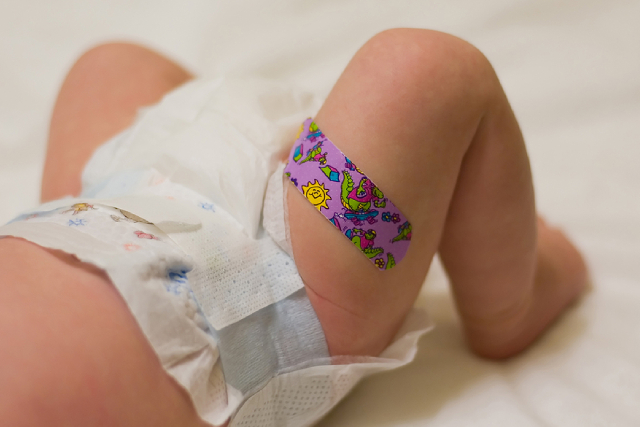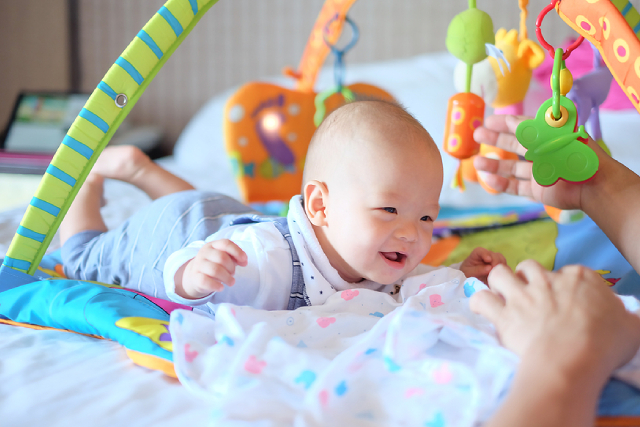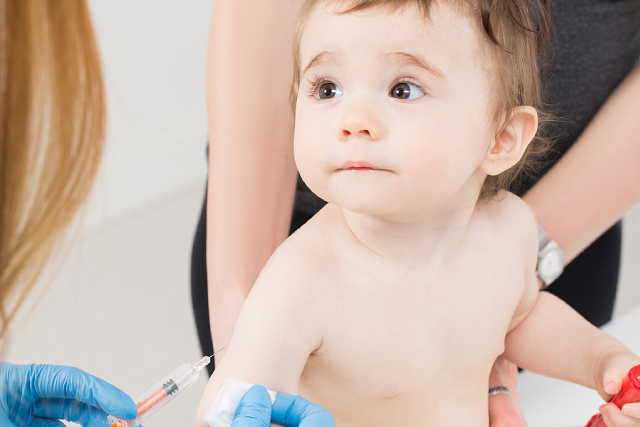
blog
Exploring Common Misconceptions About Childhood Vaccines

Childhood vaccines have become a crucial topic of discussion among parents, healthcare providers, and public health officials. With the rise of misinformation, many parents have questions about baby and child vaccinations, often feeling overwhelmed by the conflicting information available.
In Singapore, the government has implemented a comprehensive The National Childhood Immunisation Schedule (NCIS) to protect children from vaccine-preventable diseases. The programme includes vaccines for diseases such as tuberculosis, hepatitis B, diphtheria, pertussis, tetanus, polio, Haemophilus Influenzae type B (HiB), measles, mumps, rubella, varicella, pneumococcal, and influenza infections. Ensuring your child receives these vaccines according to the recommended schedule is crucial for their health and the well-being of the community.
But despite the proven benefits, some parents remain hesitant about vaccinating their children due to myths and misunderstandings. Below, we aim to clear up common misconceptions about childhood vaccines and highlight their importance for your child's health. By addressing these misconceptions, we hope to provide clarity and encourage informed decisions regarding baby immunisation vaccination in Singapore and beyond.
Myth 1: Vaccines cause autism
One of the most pervasive myths about childhood vaccines is that they cause autism. This misconception stems from a 1998 study by Andrew Wakefield and 12 of his colleagues, which suggested a link between the measles, mumps, and rubella (MMR) vaccine and autism. However, this study has been thoroughly discredited due to serious procedural errors, ethical violations, and financial conflicts of interest. Numerous large-scale studies have since found no link between vaccines and autism, reaffirming the safety and importance of immunisation.
Myth 2: Natural immunity is better than vaccine-acquired immunity
Some parents believe that natural immunity, gained through infection, is superior to immunity provided by vaccines. While it is true that natural infection often leads to strong immunity, it also comes with significant risks. Diseases like measles, mumps, and whooping cough can cause severe complications, including pneumonia, brain damage, and death. Vaccines, on the other hand, provide safe and effective immunity without the risks associated with natural infections.
Myth 3: Vaccines contain harmful ingredients
Concerns about vaccine ingredients are another common reason for vaccine hesitancy. Some parents worry that vaccines contain harmful substances like mercury, aluminium, and formaldehyde. However, the amounts of these substances in vaccines are extremely small and have been proven safe through extensive research. For example, thimerosal, a mercury-based preservative, is used in very small amounts and has been shown to be safe. Additionally, most childhood vaccines are now available in thimerosal-free formulations.
Myth 4: Too many vaccines overwhelm the immune system
A common worry among parents is that receiving multiple vaccines at once can overwhelm a child's immune system. However, scientific evidence shows that the number of antigens (the substances that trigger an immune response) in vaccines is much smaller than what children encounter daily through food, dust, and other natural exposures. The immune system is capable of handling many vaccines at once, and the recommended immunisation schedule is designed to protect children when they are most vulnerable to disease.
Myth 5: Vaccines are only necessary if a disease is common
Some parents believe that if a disease is rare or eradicated in their region, vaccination is unnecessary. This misconception overlooks the concept of herd immunity, which occurs when a high percentage of the population is vaccinated, thus providing indirect protection to those who cannot be vaccinated. Vaccination helps prevent outbreaks and the re-emergence of diseases. For example, measles cases have resurged in areas with declining vaccination rates, underscoring the need for continued immunisation efforts.
Addressing vaccine hesitancy
To address vaccine hesitancy, it is essential to provide accurate information and dispel myths. Healthcare providers play a critical role in educating parents and answering questions about baby and child vaccinations. Open communication and trust between parents and healthcare professionals are key to increasing vaccination rates and protecting public health.
Conclusion
Childhood vaccines are a vital part of ensuring the health and safety of our children. By debunking common misconceptions and providing factual information, we can help parents make informed decisions about baby immunisation vaccination. Vaccines are safe, effective, and necessary to prevent serious diseases and protect our communities.
At Babysteps Medical, we are committed to supporting your child's health through comprehensive services, including vaccinations and child developmental assessments. If you have any questions or concerns about vaccinations or need a child developmental assessment in Singapore, our dedicated team of healthcare professionals is here to help. Contact us today to learn more about our services and how we can support your child's healthy development.



